“God made only water, but man made wine,” said Victor Hugo, a French poet, novelist, and dramatist who was one of the most prolific of the Romantic writers. Creating something—in this case, wine—from scratch, as Hugo says, was what human beings were capable of from as early as the Neolithic era. With the establishment of society came the advancement of humanity and the enrichment of human life. Wine not only provides pleasure as a beverage but also gives an opportunity for reflection and cultured experiences. While one may conclude that wine is an ideal vehicle for intoxication, a closer look shows that wine is a “book” that describes a particular culture, climate, and history.
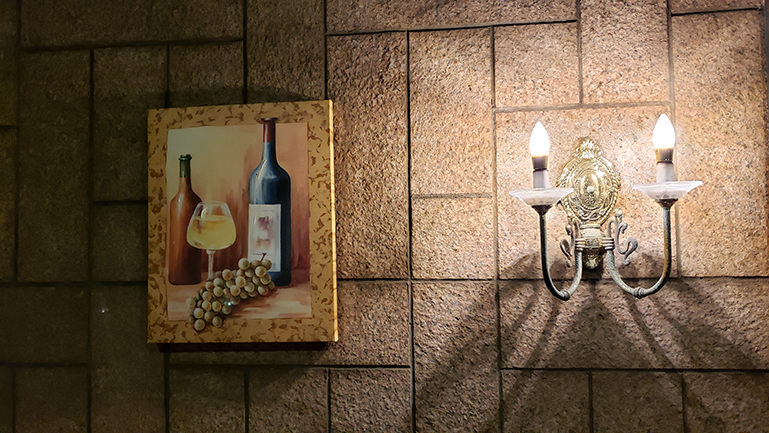
To understand wine better, one can visit a museum within the region of a particular country, where works and objects of historical, scientific, artistic, or cultural interest are preserved and exhibited. Located in Yantai, Changyu Wine Culture Museum is the only specialized wine museum in China showing the history of a century-old Chinese company heading into the world. Established in 1992, the Changyu Wine Culture Museum sharply contrasts history and reality, promoting the patriotism of China’s industries in modern times and establishing a successful model of a national industry that incorporates Eastern and Western cultures.
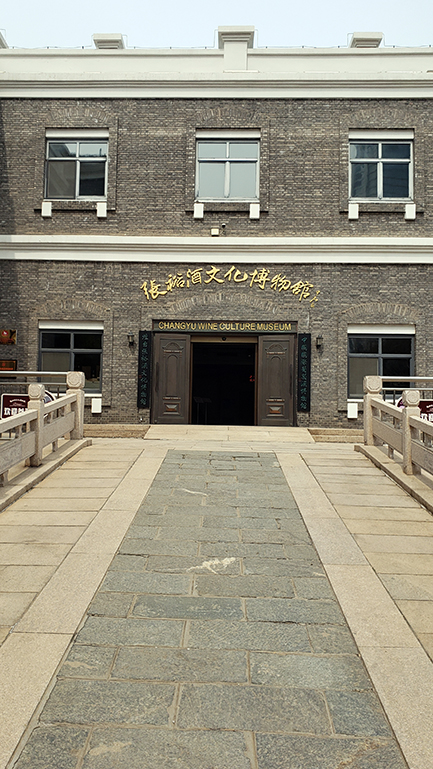
Stepping into the museum, one can see the History Hall, which displays the history of the company since its establishment. The history starts in 1892, when a famous overseas Chinese patriot, Chang Bishi invested three million liang of silver to found the Changyu Pioneer Wine Company. All his life, Chang stressed the idea of “developing the nation by industry,” thus proposing to attract investment and reenergize commerce in his efforts to commemorate the throne, which was supported by the Qing government. China’s first attempt at industrialization, however, turned out to be a failure after 50 years, and with it came exorbitant taxes, levies, and the fire of 1931. The museum started taking losses, but albeit hardships, it was able to regroup its efforts when Zhu Mei was employed as the technical vice manager. After several decades, due to the company’s outstanding contributions to the wine industry of China and the world, the Roman Annual Meeting of O.I.V. in October 1987 decided to name Yantai the “International Vine and Wine City” of China.
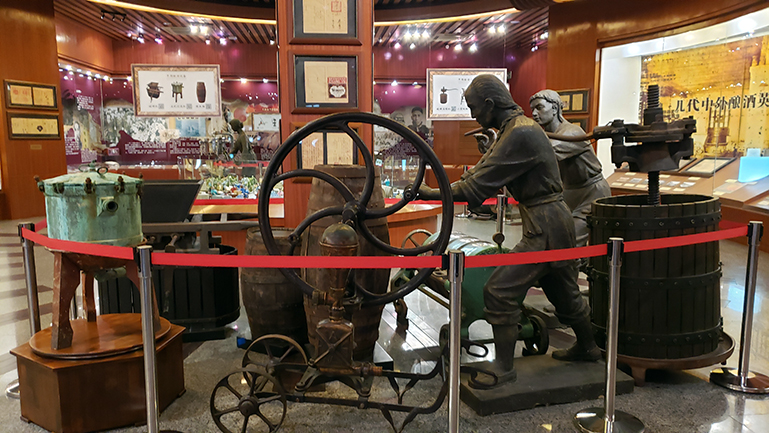
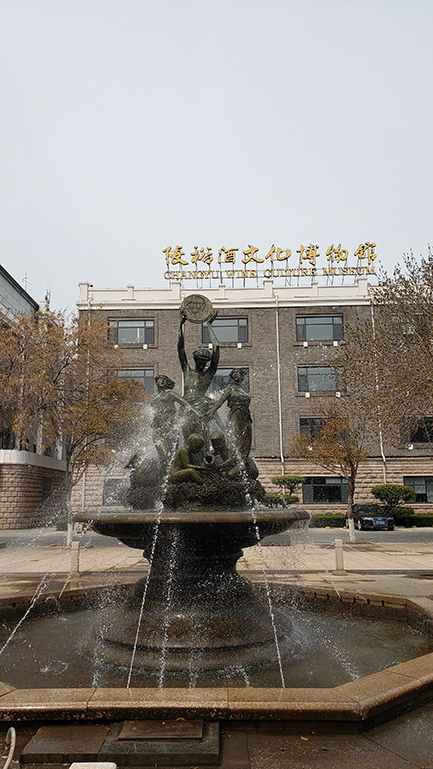
Out of the History Hall, there are more interactive exhibitions that not only help visitors learn about wine and the museum but also enabling them to actually feel like he or she is having particular experiences. In Video Hall, which is right next to History Hall, there is a video recounting significant dates of the company’s accomplishments as well as a poster that describes the order of wine drinking and the procedure of wine tasting. While some may believe that the information on the poster is hugely important in enjoying wine, some say that taste is “subjective” and is merely a matter of individual experience.
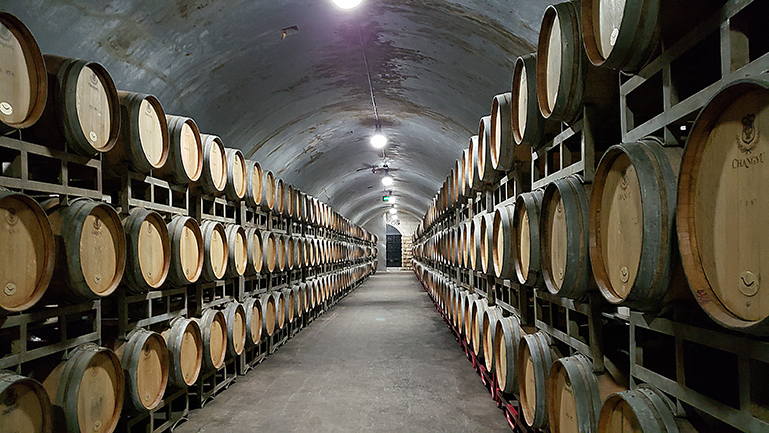
The Oak Barrel Workshop and Cork Workshop, which are located past Treasures Hall and the underground Great Cellar, shows the procedures of making oak barrels for wine--splitting, assembly, hearing and toast, heads-fitting and testing, etc.—the most basic tool of creating good wines. They also show how to make cork bottle stoppers made of cork oak bark. The steps for producing wine shown in this area include raw materials acquisition, drying, processing, and boiling.
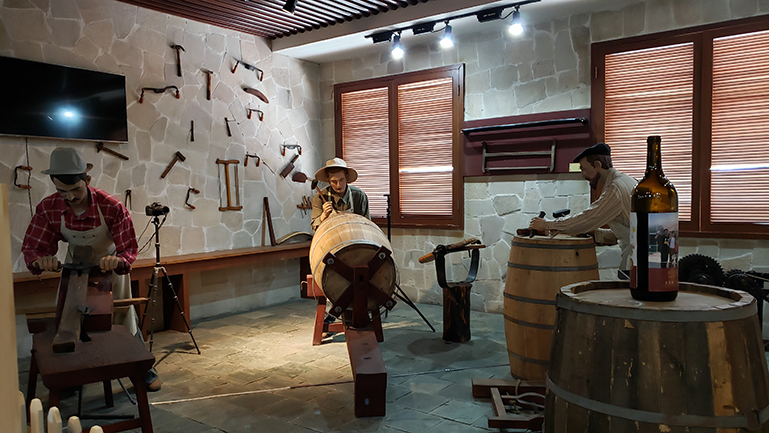
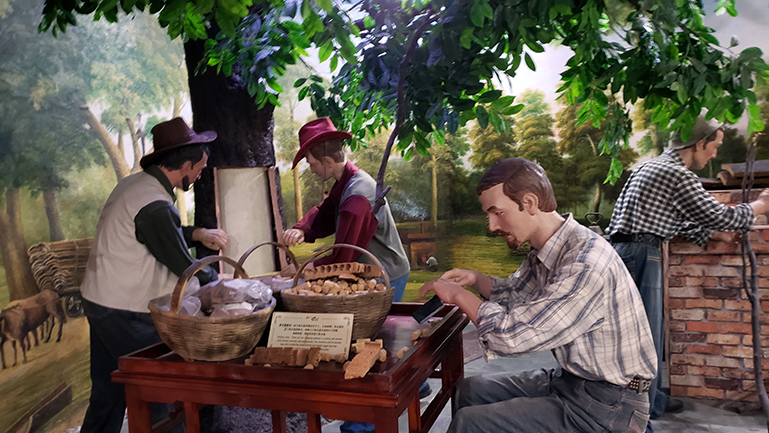
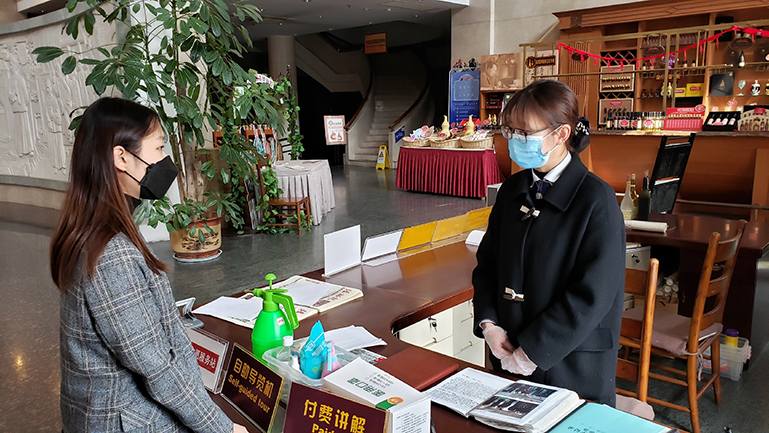
Today, Changyu Wine Culture Museum is reopened, as the novel coronavirus situation in Changyu is receding. According to a museum employee who has been working there for four years, COVID-19 does not have any impact on their passion for the development and enhanced understanding of wine. For people who are not so well-acquainted with wine, it is easy to miss its hidden history, culture, and purpose. However, once one chooses to search attentively, he or she can excavate the gems that wines bring forth.
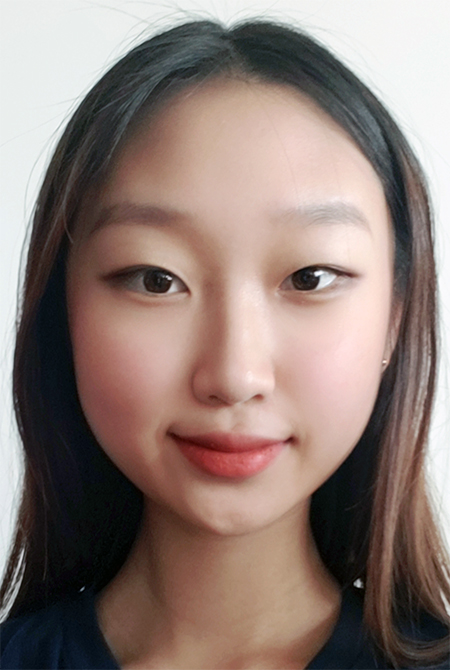
Angela Kim
Freshman (Grade 9)
Yantai American School

